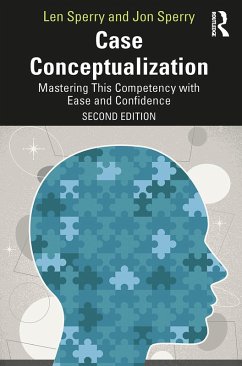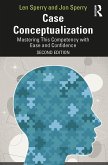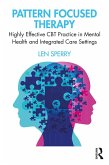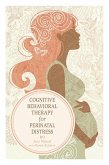Concrete guidelines and updated case material are provided for developing conceptualizations for the five most common therapy models: Cognitive-Behavioral Therapy (CBT), Psychodynamic, Biopsychosocial, Adlerian, and Acceptance and Commitment Therapy. The chapters also include specific exercises and activities for mastering case conceptualization and related competencies and skills. Also new to this edition is a chapter on couple and family case conceptualizations, and an emphasis throughout on trauma.
Practitioners, as well as graduate students in counseling and in clinical psychology, will gain the essential skills and knowledge they need to master case conceptualizations.
Dieser Download kann aus rechtlichen Gründen nur mit Rechnungsadresse in A, B, BG, CY, CZ, D, DK, EW, E, FIN, F, GR, HR, H, IRL, I, LT, L, LR, M, NL, PL, P, R, S, SLO, SK ausgeliefert werden.
James Robert Bitter, EdD, Professor of Counseling and Human Services, East Tennessee State University.
"...fills the gap between the consensus view among experts in psychotherapy that case conceptualization competency is an essential skill, and the relative lack of formal training to assist therapists gain competence....I commend the authors on their book and urge anyone interested in learning case conceptualization or honing their case conceptualization skills to study it well."
From the Foreword. Tracy D. Eells, PhD, University of Louisville .
While the first edition of Case Conceptualization was recognized as the best training tool for learning this indispensable clinical skill, this revised edition is even better! The authors have made it not only more clinically useful but also enjoyable to read. Packed with case studies, commentaries, worksheets, and guidelines, it will continue to be the go-to text for students and practitioners.
Dr. Debbie Joffe Ellis, adjunct professor, Clinical and Counseling Psychology, Columbia University.









